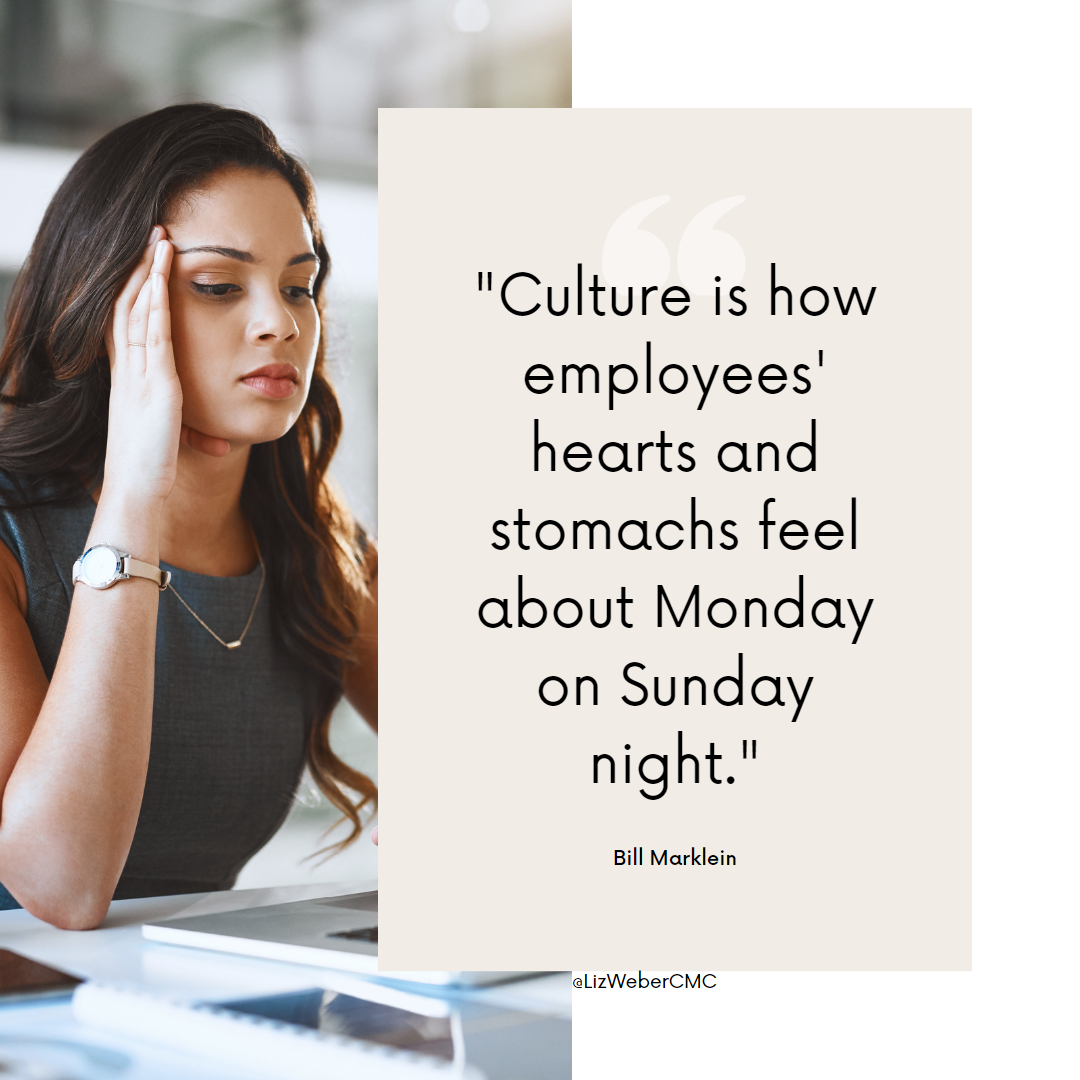When you read the title for this article, you may have heard the 1981 song from The Clash in your head. It’s a great song. Like that song, this article is about deciding to stay or leave a relationship. However, in this case, I’m talking about leaving the relationship with your current role or employer. Obviously a decision like this isn’t one to be taken lightly, even if it’s one that needs to be made quickly.
As several of my coaching clients have come to realize as they look at opportunities presented to them, their decision impacts their finances of course, but it also impacts things sometimes less tangible but more meaningful. Their decision impacts their relationships with their spouses/partners and children, their professional relationships, their employer’s ability to continue to implement key initiatives, their professional ambitions, their feelings of self worth, their professional brands, and more. The money is a point of concern of course, but the decision is so much more. It’s much more personal.
Deciding to stay or leave your current employer isn’t a decision to be taken lightly. It impacts your finances, relationships (personal and professional), your professional ambitions, your feelings of self worth, and your professional brand. The money is a point of concern of course, but the decision is so much more. It’s much more personal.
Whether I’m helping a client consider their options or if I’m thinking through opportunities that are presented to me, I’ve come to rely on a similar process for evaluating the potential fit of the opportunity. I call it Hitting the Trifecta because there are three basic requirements that have to be met to justify changing a role or pursuing a new professional opportunity:
1- You have to care about the mission.
This may seem fundamental, but now more than ever, it’s important that there is an alignment between what you believe is important work that supports your personal values, society, your political views, the customers you’d serve, etc. and what the organization does. Do you want to be a part of that organizational community that works together and produces together? If you do and are passionate about it, keep the option open for further consideration. If you don’t care about what they do, don’t consider the option further. You have no real interest in them or their purpose.
Now more than ever, it’s important that there is an alignment between what you believe is important work that supports your personal values, society, your political views, the customers you’d serve, etc. and what the organization does.
Whether you’re working in-person or remotely, you will be associated with the company. Do you want to be associated with them, their products, their leadership team, their standards, their brand, etc.? Unless you’re being brought in to do a turnaround, you’re going to have a difficult time distancing yourself from any negative organizational attributes that may exist with the organization. Will you be in a position to realistically fix any negatives and enhance any positives? If so, keep the option open for further consideration, if not, don’t.
2 – It has to be fun and educational.
Now this doesn’t mean that you’ll be laughing hysterically every day. It means there has to be a red thread of fun, intrigue, and sense of accomplishment in the work that you’d be doing. You want to be able to wake up each day and look forward to what you get to do instead of dreading what you have to do. You’ll have opportunities to try new things, learn new skills, meet and work with interesting people who you respect and like, and who respect and like you. The work you do and the people you get to do it with make you a better person. It would enable you to be a part of an organization and team you look forward to connecting with, learning from, debating with, contributing to, and laughing with. 
Bill Marklein has a great quote about workplace cultures that speaks to this idea: Culture is how people’s hearts and stomachs feel about Monday on Sunday night.
Will the culture fulfill you and make you happy? If so, keep the option open for further consideration, if not, don’t.
3 – It has to enhance your personal/professional growth and brand.
This last point may, again, seem fundamental, but it’s easy to get sucked back into doing work we’ve done well in the past even when it’s not what will be best for us going forward. Typically, an ‘easy’ opportunity comes to us out of the blue or a former manager reaches out from her new organization and needs you to help her out. Let’s be honest, there’s an ego rush that comes into play as you think, “I’m needed! No one else but me can do this!” Yeah. No. What’s happening quite often is you’re being asked because you’re ‘safe’. You’re a known commodity who can be trusted to deliver and that’s great. However, she’s calling you because you did good work – in your former role. You were a strong addition to the former leadership team – in your former role. You were able to get things done with the resources, budget, team, technology, etc you had – in your former role. But things have changed and so have you. Is the work you did, with the team you had, in the organization you were a part of what you want to do in the future? Is it even possible to recreate what you had if you wanted to? In reference to Marshall Goldsmith, what got you here won’t get you there. All of your experiences from the past have positioned you to go further – if that’s what you want. To go further, you need to take on different challenges with new people, and different opportunities.
If the opportunity in front of you will help you further your career, experiences, challenges and networks, and you want that, keep the option open for further consideration, if not, don’t.
To go further, you need to take on different challenges with new people, and different opportunities.
As a former client recently shared with me, “I’ve done all I set out to do here Liz. It’s time for me to get my Stage 5 Leadership hat on and plan my transition to whatever’s going to come next.” Knowing him, he’s thinking through how to hit his perfect trifecta. I hope you do too.
Copyright MMXXIII – Liz Weber, CMC, CSP – Weber Business Services, LLC – www.WBSLLC.com +1.717.597.8890
Liz supports clients with strategic and succession planning, as well as leadership training and executive coaching. Learn more about Liz on LinkedIn!

























